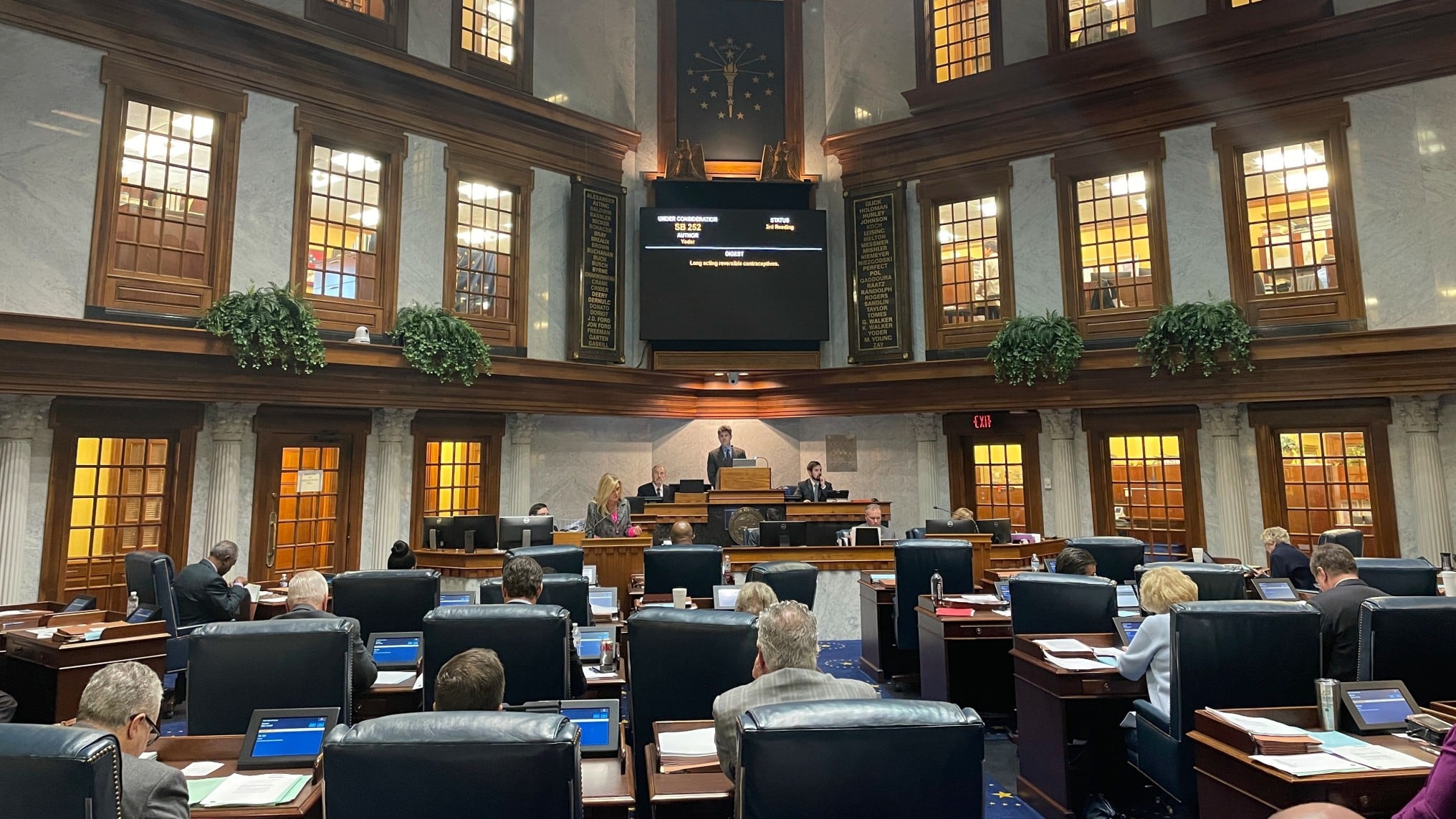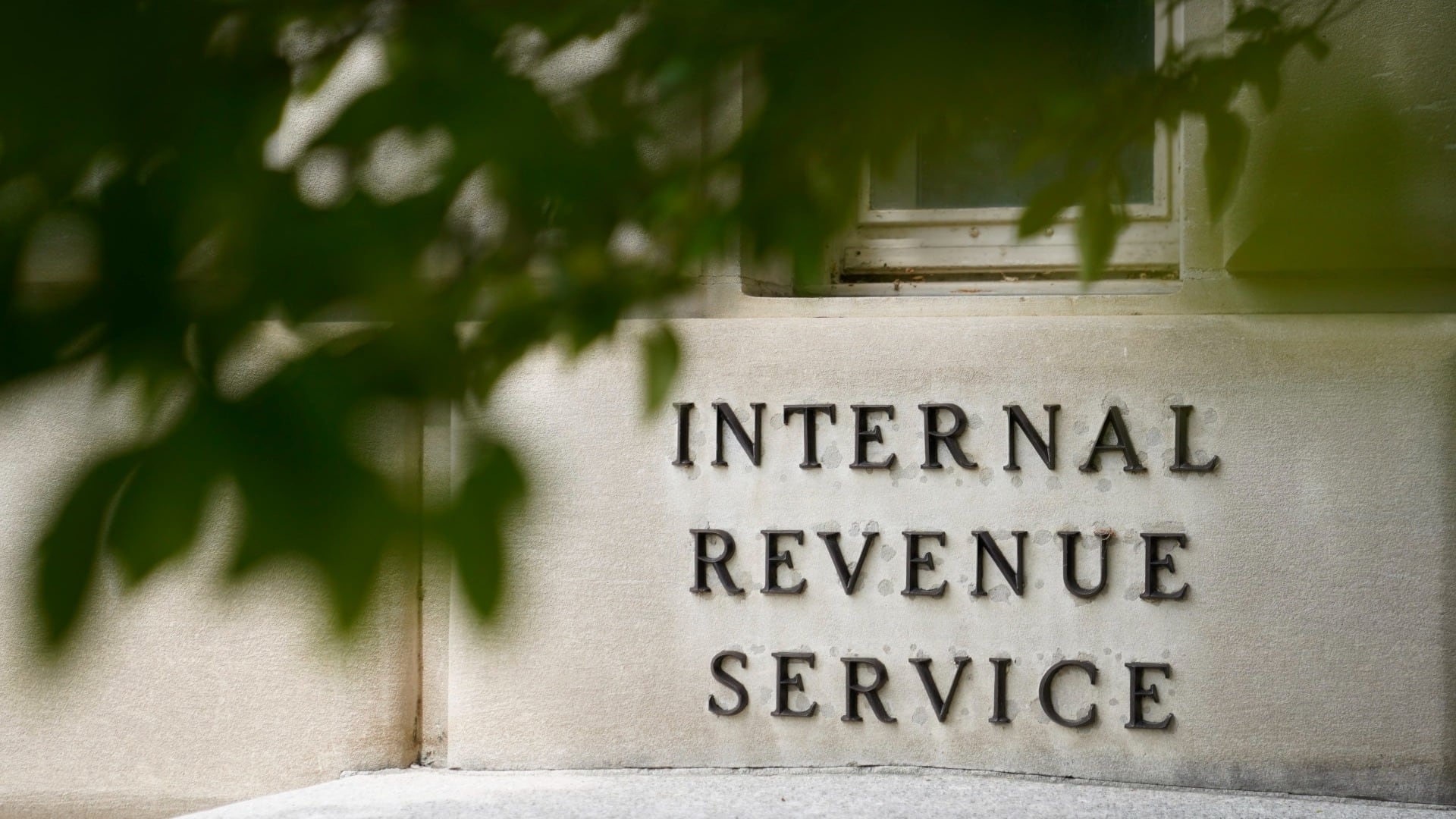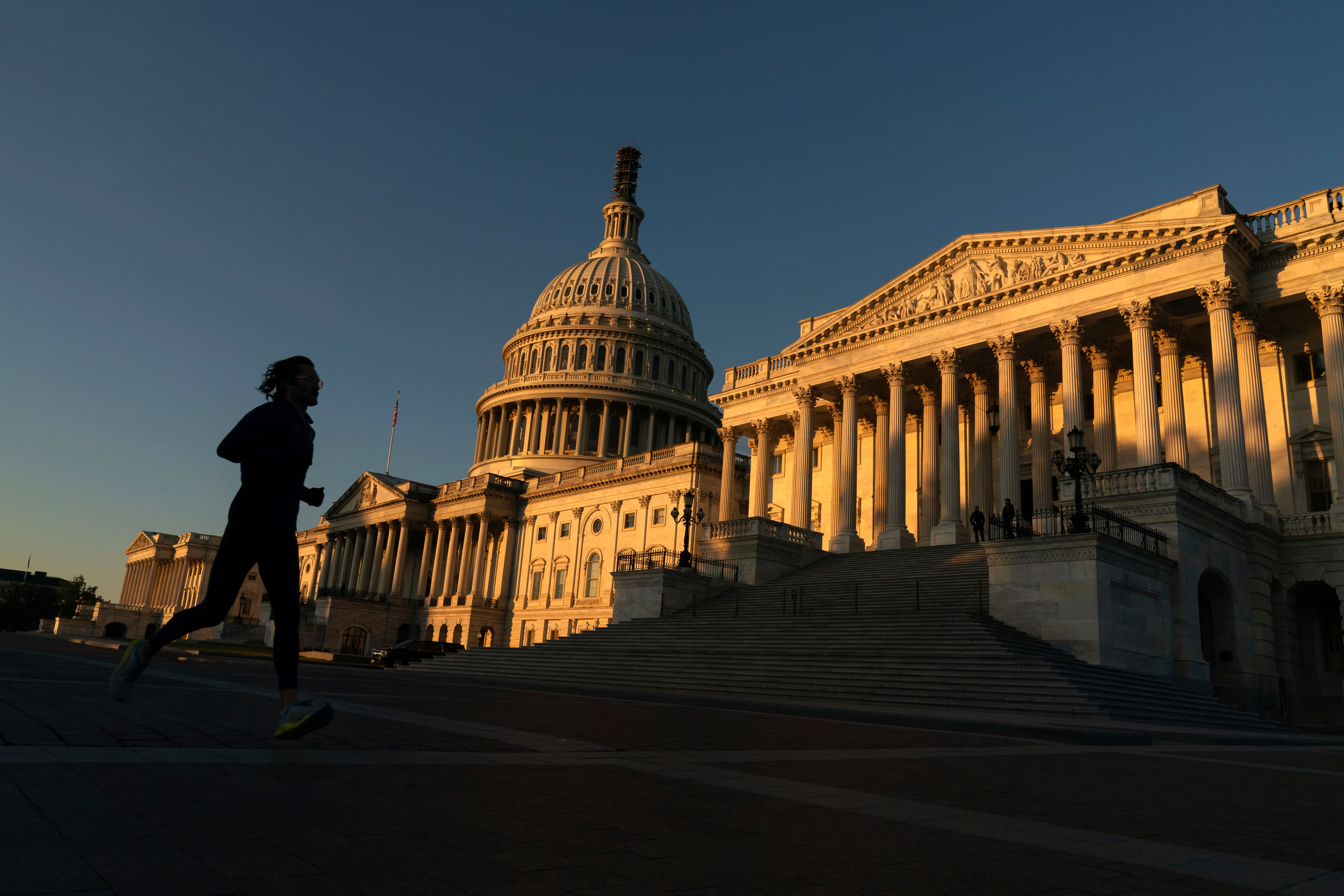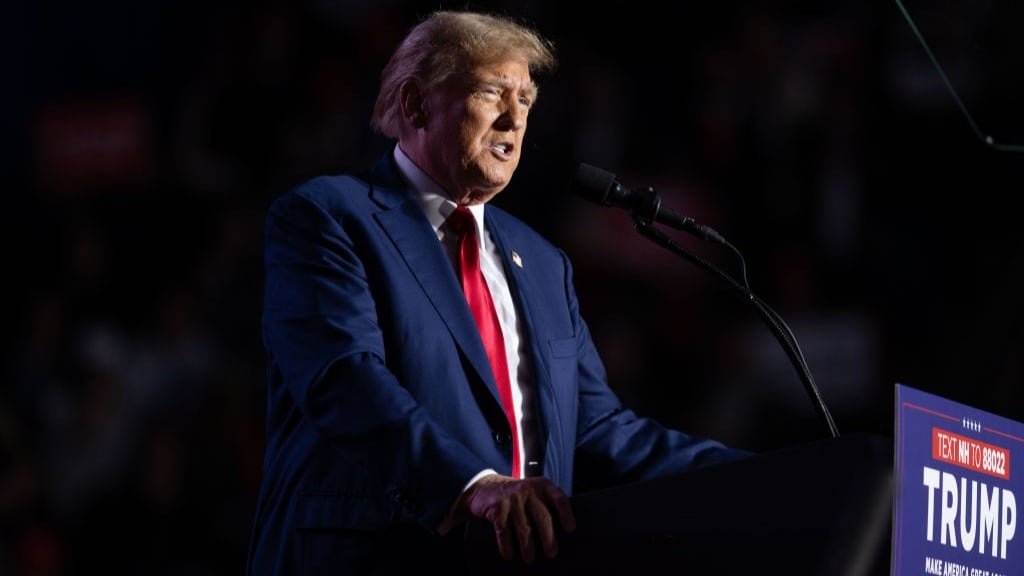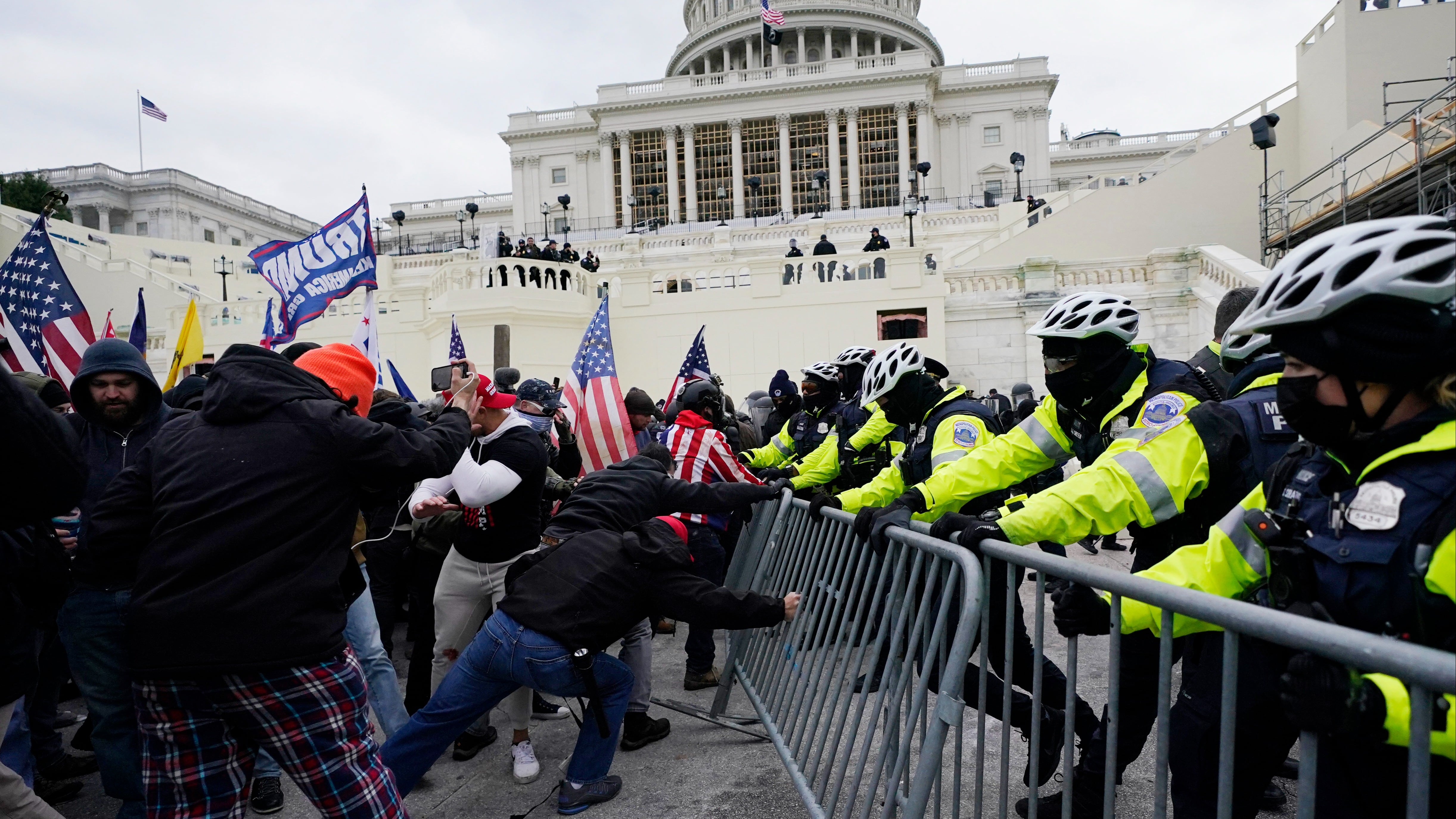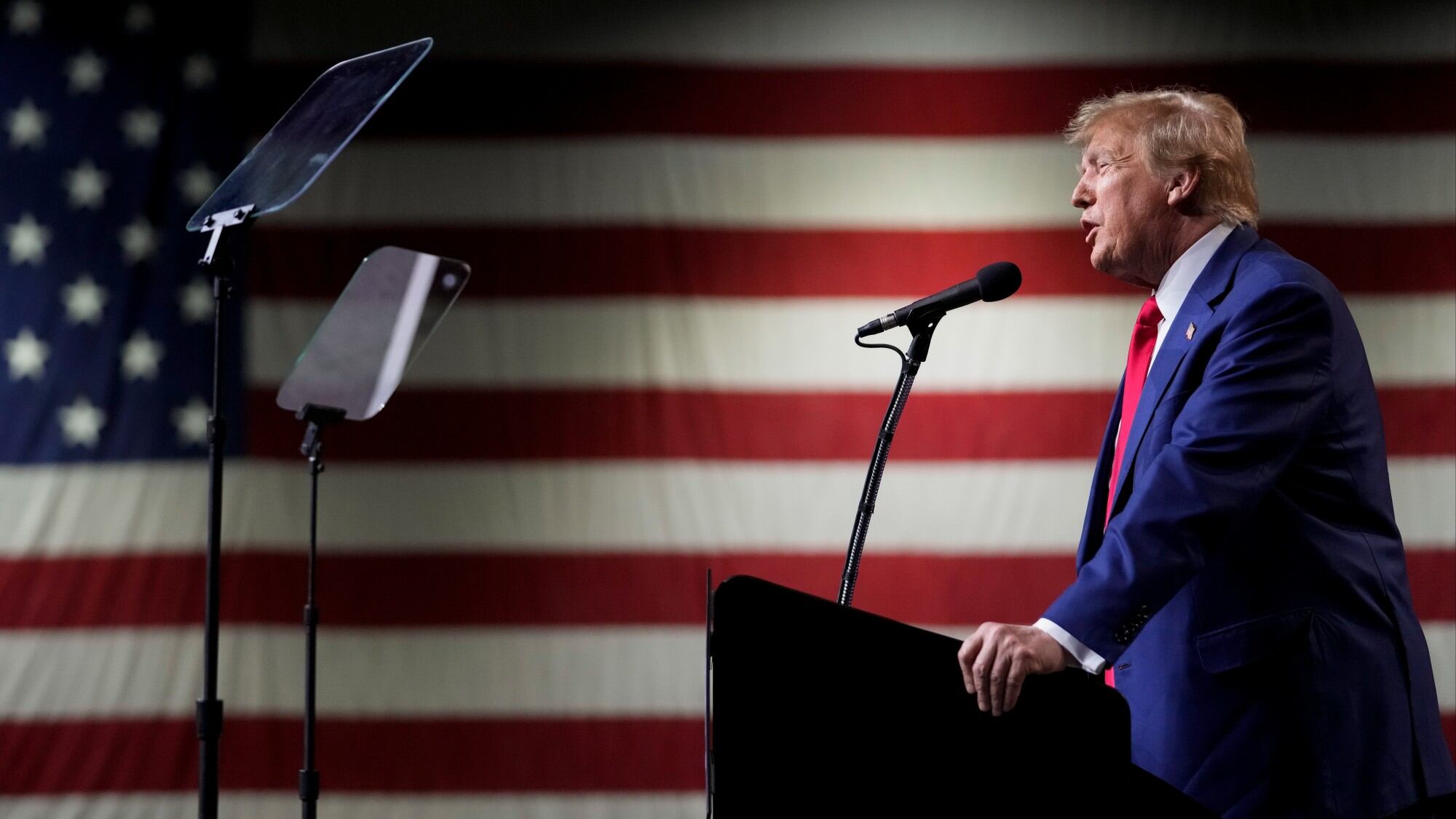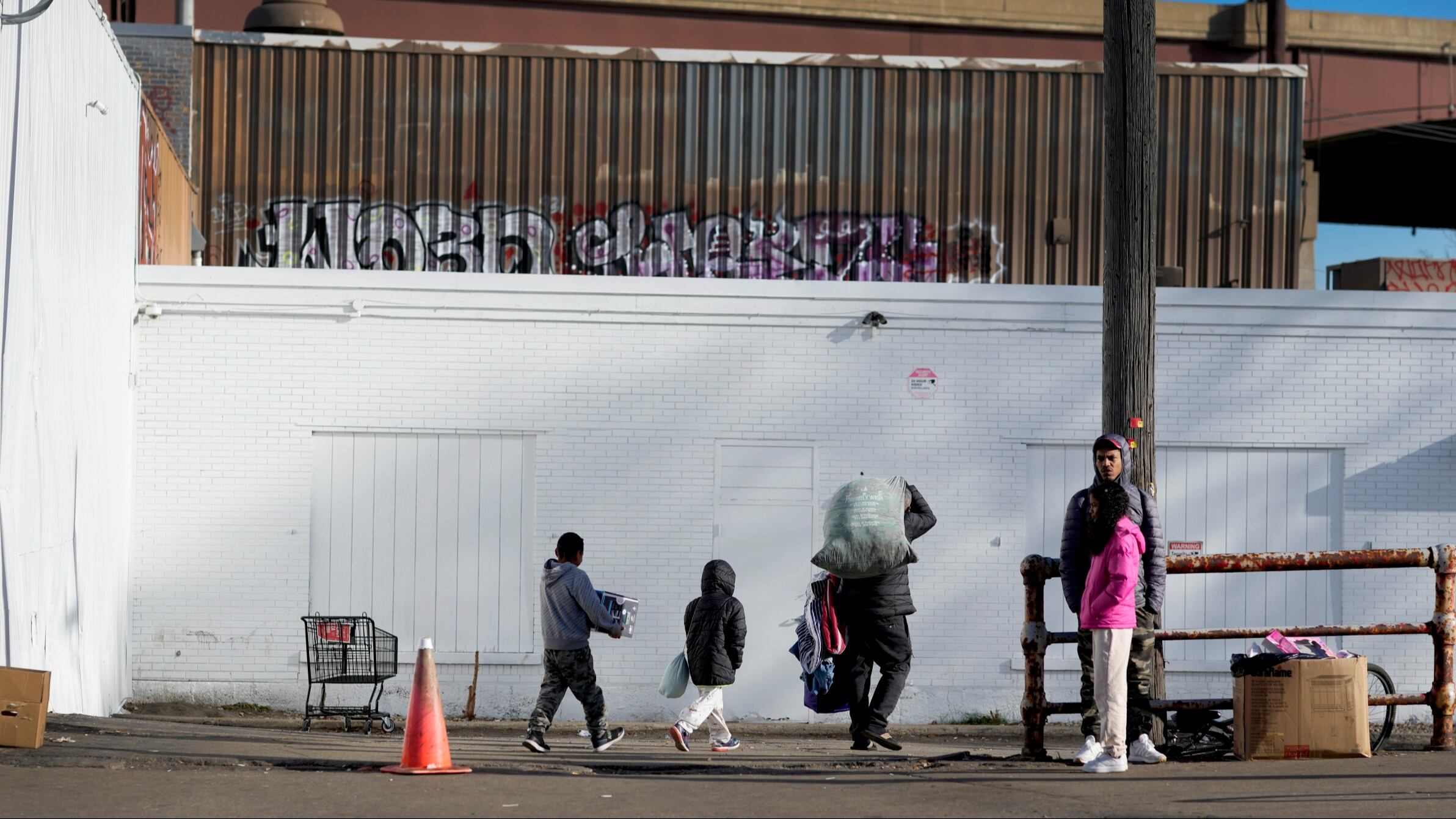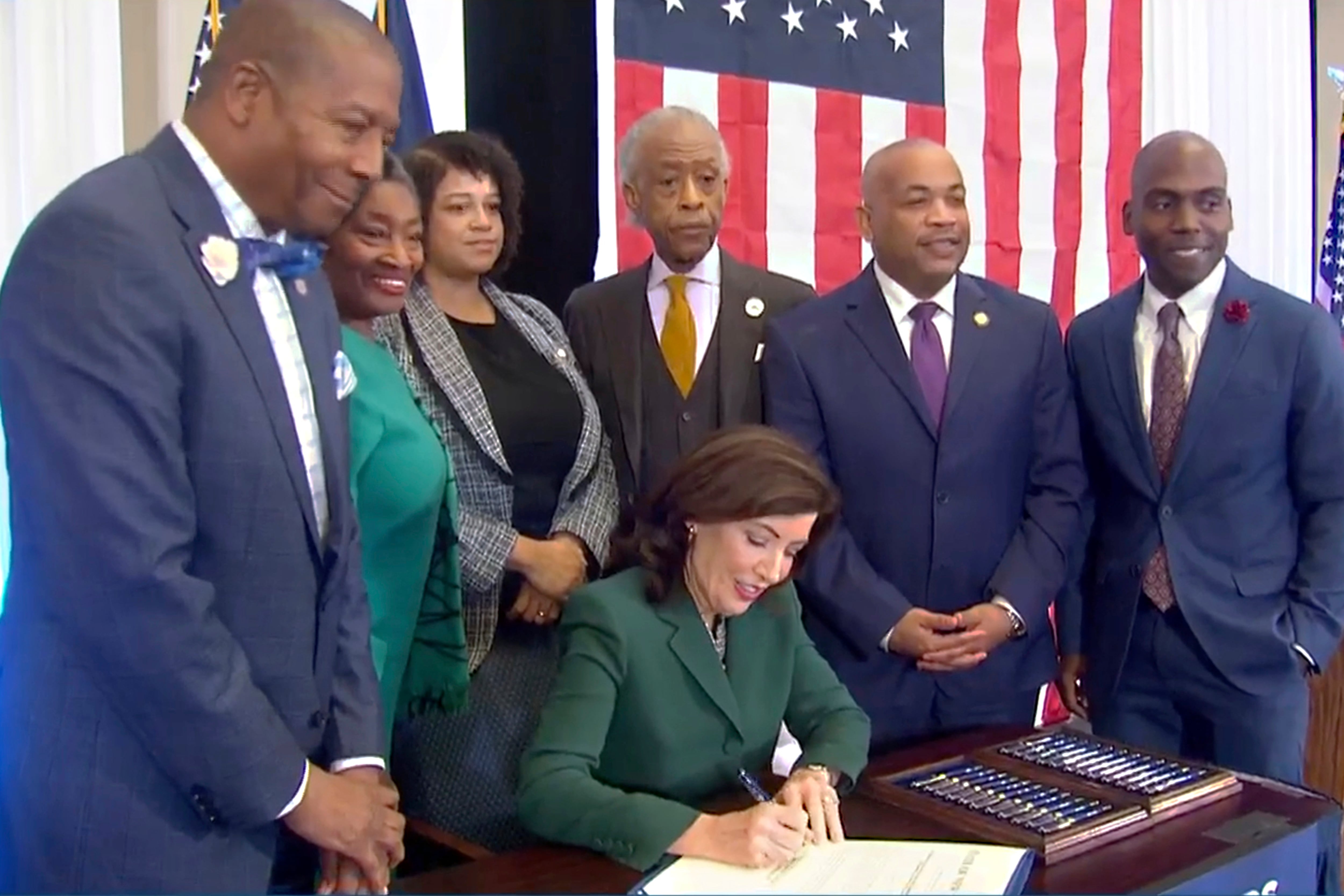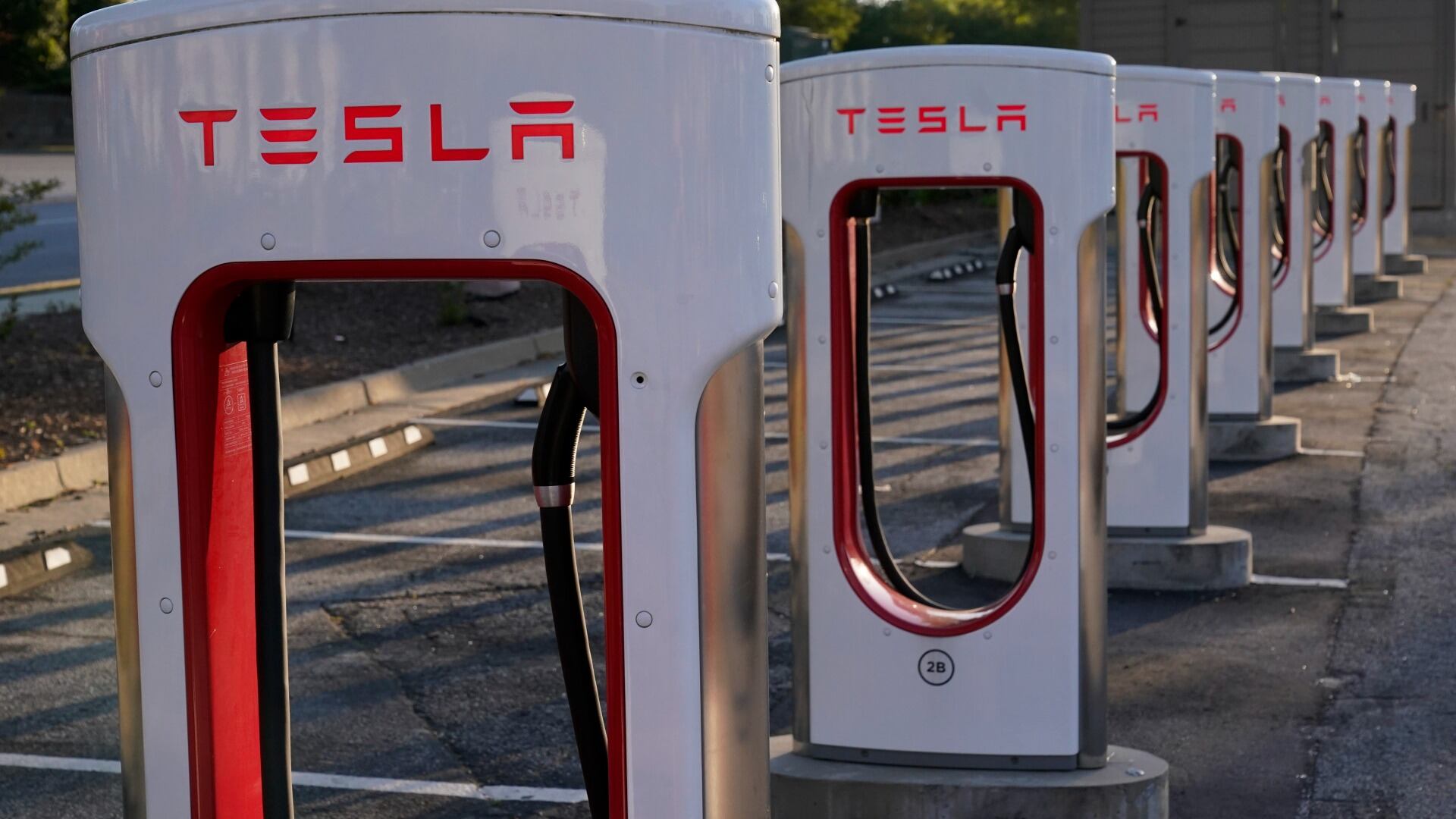The U.S. lost a stunning 22 million jobs in March and April at the beginning of the coronavirus pandemic, with only about half of those numbers returning in the following seven months. With weekly jobless claims remaining high, voters might want to know more about what former Vice President Joe Biden and President Donald Trump intend to do on the issue of labor.
Biden has pledged to do whatever it takes to help jobs recover through direct stimulus payments. His plan includes funding for state and local governments to keep essential workers on their payrolls and federal payouts to supplement state unemployment checks.
Meanwhile, Trump favors tax cuts and deregulation to stimulate the economy but concedes that another infusion of cash stimulus is likely needed. The president also extended federal unemployment benefits for six weeks after they were set to expire in July but at a lower rate of $300 a week, half the amount of the earlier benefit.
Both candidates support tax incentives for manufacturers to keep jobs at home. Biden even proposes tax penalties for those businesses that ship manufacturing jobs overseas with the intention of selling finished products back into the U.S.
Whoever wins the election in November faces a daunting task, with millions still out of work, consumer spending slowing down, and a resurgence in coronavirus cases adding to the economic woes.
Read More on Trump and Biden's Plans:
Trump vs. Biden on Raising the Federal Minimum Wage
Biden vs. Trump on Student Loans and Higher Education
Indiana's initial estimate for Medicaid expenses is nearly $1 billion short of its now-predicted need, state lawmakers learned in a report that ignited concern over the state's budget and access to the low-income healthcare program.
The IRS said Tuesday it is going to waive penalty fees for people who failed to pay back taxes that total less than $100,000 per year for tax years 2020 and 2021.
Senate leaders announced Tuesday that there will not be a vote this year on a border security package that included funding for Ukraine and Israel.
Criticism is continuing to mount on former President Donald Trump for his comments over the weekend saying immigrants are "poisoning the blood" of the country.
A former Proud Boys organizer was sentenced to 40 months in prison yesterday for his involvement in the January 6, 2021 attack on the U.S. Capitol.
Israel reportedly delivered an offer with possible terms for a second week-long ceasefire.
A divided Colorado Supreme Court is removing former President Donald Trump from the state’s primary ballot, saying in a historic ruling that he is ineligible to be president after his role in the Jan. 6, 2021, attack on the U.S. Capitol.
The death of a 5-year-old migrant boy and reported illnesses in other children living at a warehouse retrofitted as a shelter has raised fresh concerns about the living conditions and medical care provided for asylum-seekers arriving in Chicago.
New York State will create a commission tasked with considering reparations to address the persistent, harmful effects of slavery in the state under a bill signed into law by Gov. Kathy Hochul on Tuesday.
The White House is lending its support to an auto industry effort to standardize Tesla’s electric vehicle charging plugs for all EVs in the United States.
